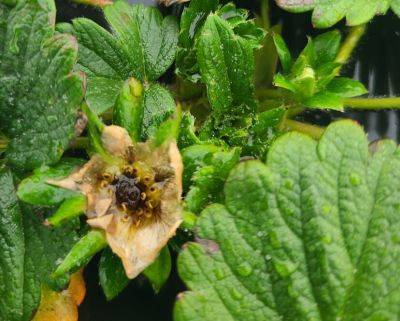Zack Snipes
Canals, Chickens and Courgettes!
19.01.2024 - 14:59 / clairesallotment.com
Well the title says it all really, but I’ll go into a little more detail for you because I know you’ll want to hear it.
I finally had a little weeks holiday. It was a long time coming, and this particular holiday had to be postponed a couple of times because of that other C word…..no not that one although I felt like saying that word quite a few times, but the other one.
But finally my little holiday had arrived. I didn’t go with the family, but 7 other bell ringing friends. So after leaving instructions for what to eat for dinner and how to look after Victoria (our chicken), off I went to have a leisurely time on a narrowboat, and a little bit of ringing as well. Look you can’t go on a holiday with 8 bell ringers and not go ringing it’s just not normal.
I had never been on a narrowboat before so this was all very new for me. Once you go used to how little space there was (which didn’t take long) then it was fine. Our boat was called Louise and was 70 foot long, which seems incredibly long when you have to drive, or pilot it from the back, there is a lot of boat in front of you. I’m glad to say that when I piloted the boat for a very brief time I was told I did very well. I think they were being nice, although I didn’t crash into anything, so I guess I did alright. Near the end of the holiday I even managed to pilot the boat in and out of two locks which I was very impressed with.
Everyone mucked in and helped with various things, it all worked out very well. The weather was brilliant, with most of the days hot and sunny. We did have one day where it poured with rain, but most of us had bought water proofs and I had my wellies and a full set of waterproofs (including my sexy waders) so I was lovely and dry.
In the evenings
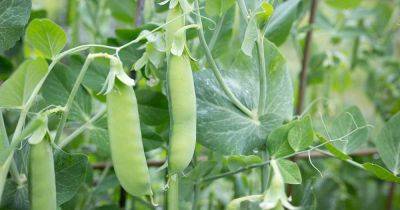
How to Plant and Grow ‘Sugar Daddy’ Peas
How to Plant and Grow ‘Sugar Daddy’ Peas Pisum sativum ‘Sugar Daddy’
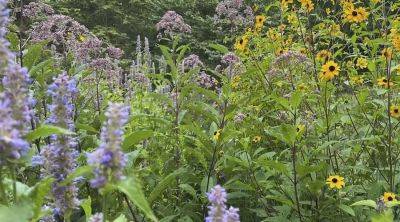
Is your landscape ‘undergrown’? with nancy lawson
AS SHE OFTEN DOES, naturalist and nature writer Nancy Lawson—perhaps known better to some of you as the Humane Gardener after the title of her first book—caught my attention the other day.
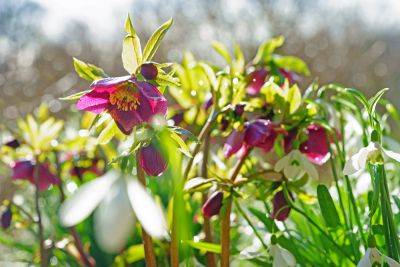
Hellebores: How to handle and divide them
Since 2015 she’s run the NT’s Heritage Horticultural Program, delivering practical workshops to hundreds of garden staff members. Here, she explains how to handle your hellebores so that you can enjoy a quality display of flowers for years to come.
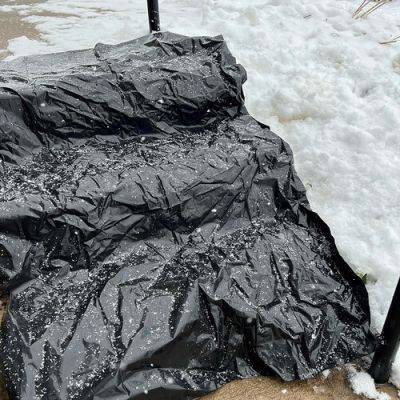
Garden-Friendly Snow Clearing and Salt Alternatives
In the depths of winter the focus on what happens under our feet is generally centered around staying safe and minimizing slips, trips, and falls on steps or walkways covered in snow or ice. But while safety is a worthwhile concern, gardeners must also consider the detrimental long-term effects on soil health that can be caused by products commonly used to remediate dangerous winter conditions.
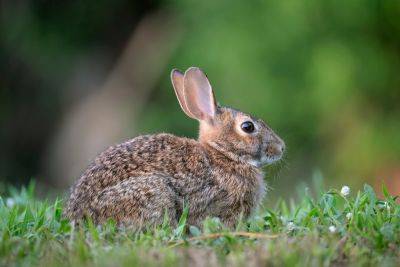
Deterring rabbits from your garden and protecting vulnerable plants
Little is more discouraging than discovering healthy and recently-planted spring borders and developing vegetable crops damaged or eaten by rabbits; it’s enough to bring the Elmer Fudd out in the mildest of gardeners. Annoyingly rabbits are most active feeders early in morning and at dusk, and so often hard to spot; they also seem attracted to newly-planted areas. But by employing a range of tactics it is possible to reduce problems.
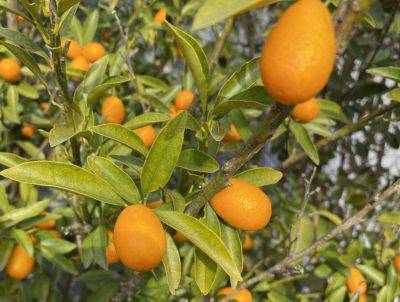
SC Fruit and Vegetable Field Report- January 22, 2024
Happy 2024! We’re back and ready for another great year of growing fruit and veggies! We hope everyone had a great Christmas and New Year.
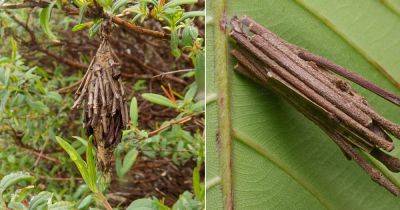
If You See This on Your Plants and Trees, Remove Immediately
Bagworms are caterpillars that make homes using twigs and silk. If you see bags hanging from your plants, they might be bagworms, causing harm by eating leaves and adding weight to branches. You can remove them manually, use insecticides with Bacillus thuringiensis (Bt), or invite birds and wasps to control them. If the problem persists, consult a pest control professional.
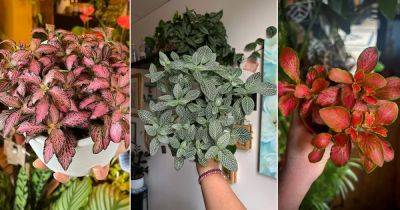
6 Tricks to Grow Bushier, Bigger and Colorful Nerve Plants
Care for your Nerve Plants effortlessly! Maintain humidity with a humidifier or water tray, and find the right sunlight balance. Feed with diluted liquid fertilizer every 3-4 weeks, prune for bushiness when it's 4-6 inches tall, and enhance CO2 levels occasionally. Amp up leaf vibrancy by using a weak tea solution every 2 months. These simple steps guarantee colorful, bushier, and lush Nerve Plants!
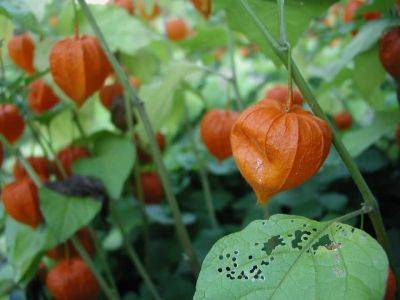
SHOE FLIES AND CHINESE LANTERNS – Gardening
This year, when gardeners look at plant and seed catalogs, I think they will be inclined to go for the safe and familiar. After all, even optimists need a sense of security. It will probably be a banner year for roses of all kinds, with reds selling well. The ongoing vogue for cottage flowers will probably continue to be strong. In fact, the wildest thing many people will invest in come spring will be a few of the more bizarre coleus cultivars.
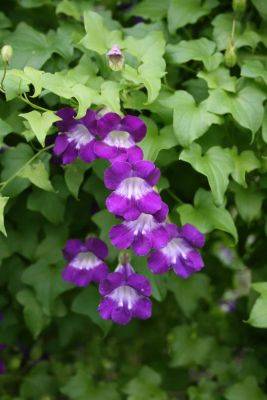
Growing Guide for Maurandia
Tender climbing perennial plants which are free flowering and suitable for growing in pots in the greenhouse, or for planting out of doors. They are closely related to the Snapdragon (Antirrhinum), to whose family, Scrophulariaceae, they belong.
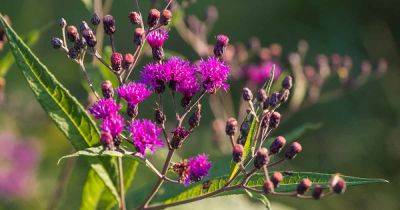
How to Grow and Care for Ironweed (Vernonia)
How to Grow and Care for Ironweed (Vernonia) Vernonia spp.
